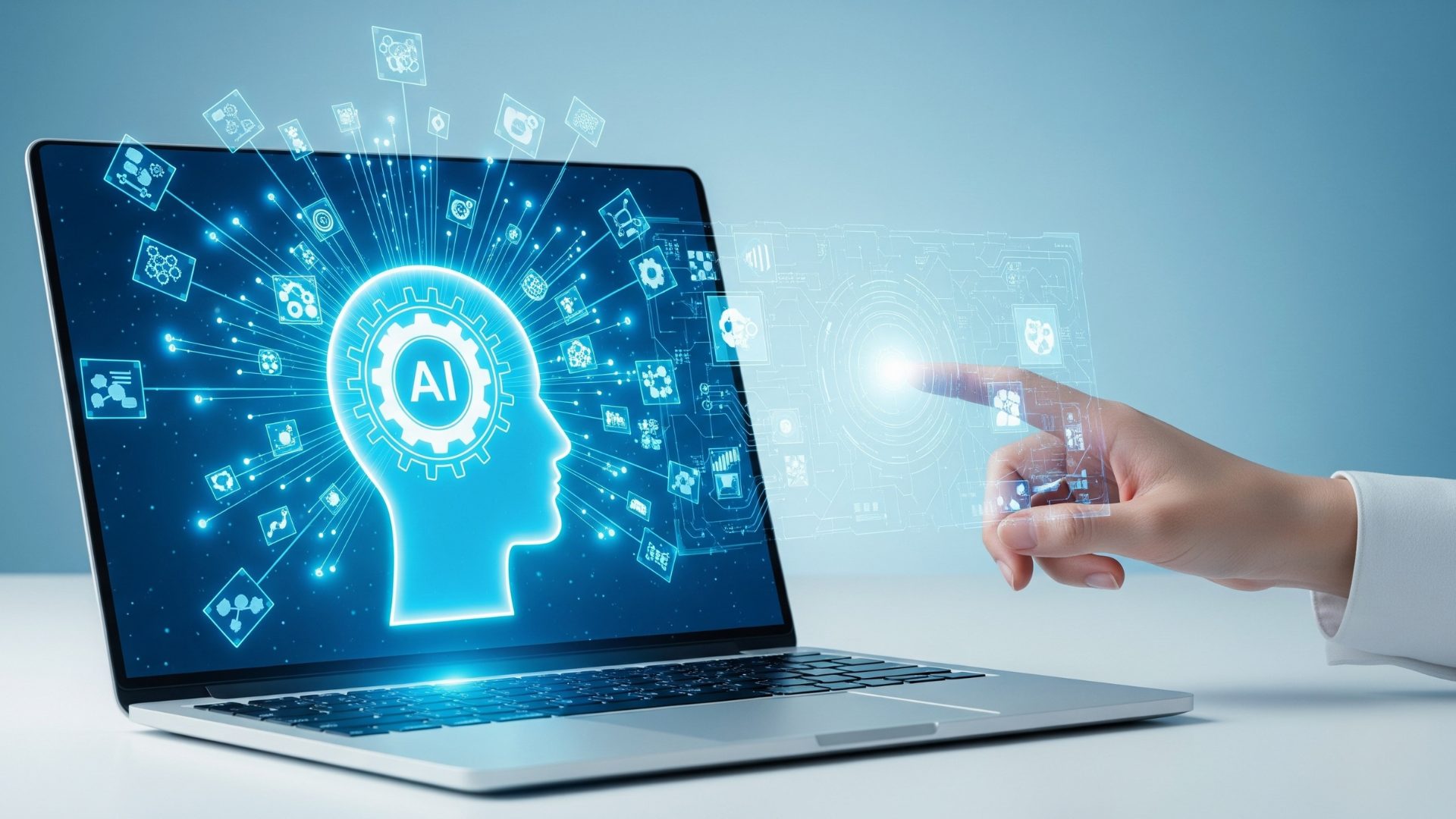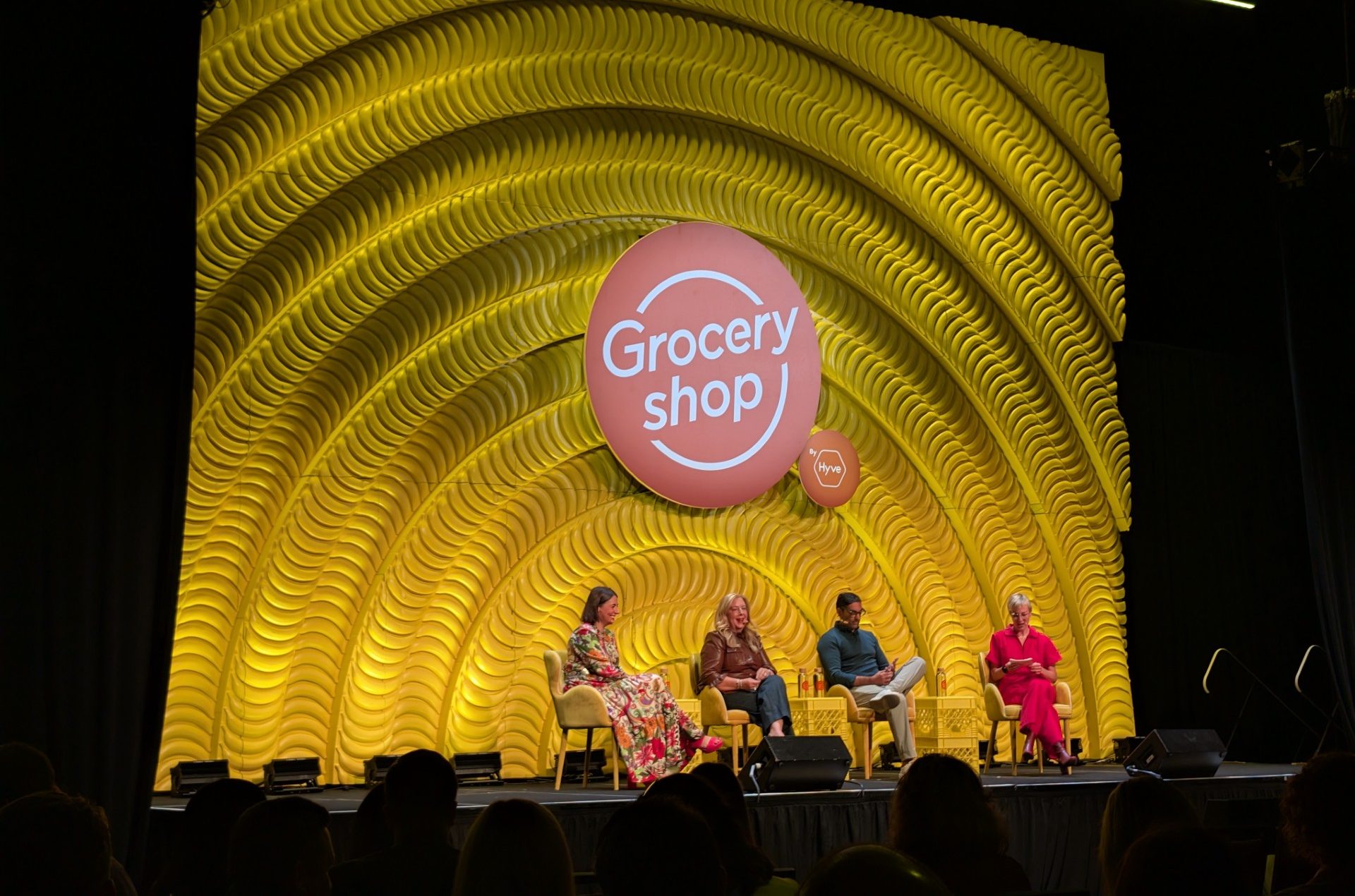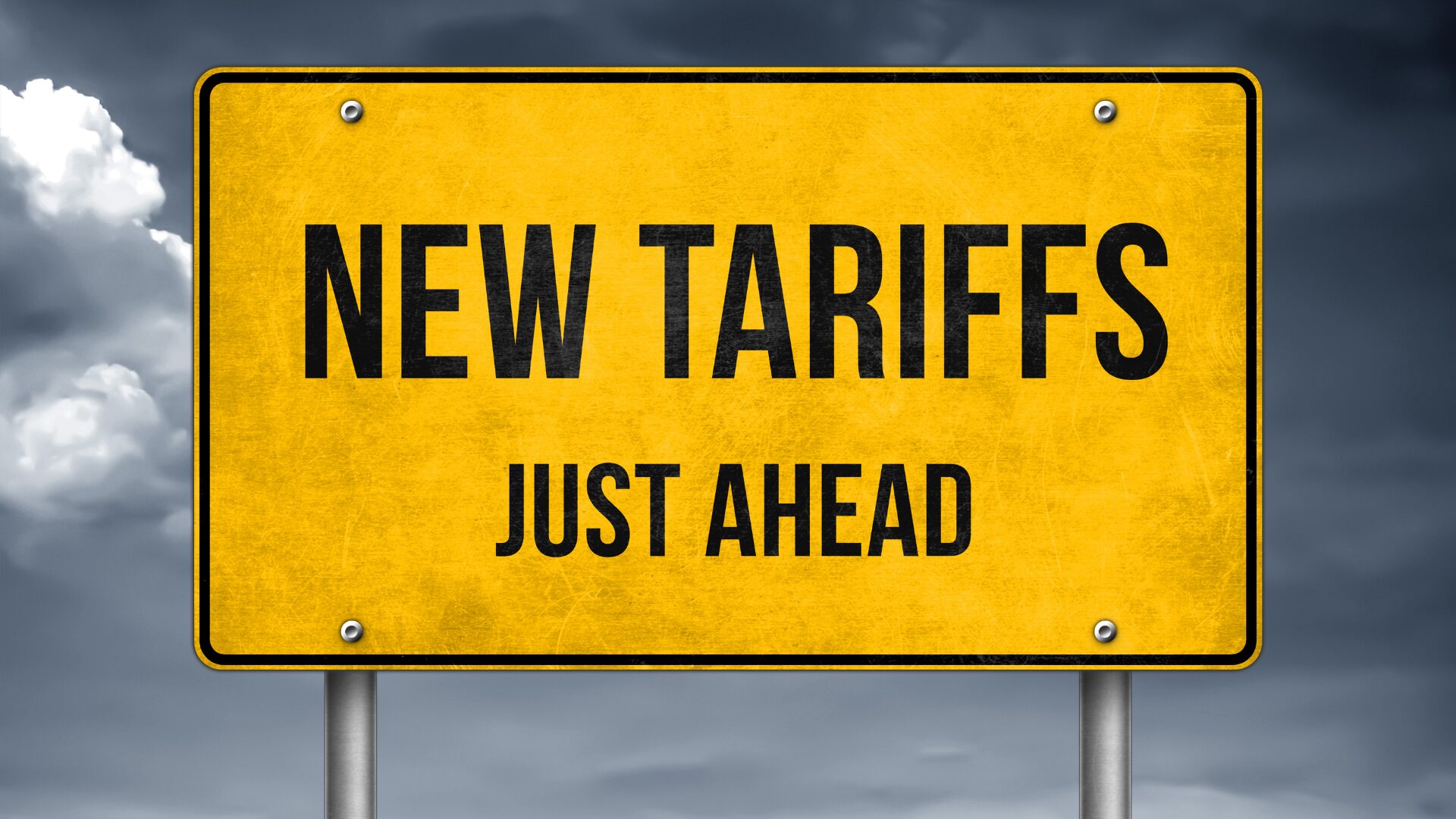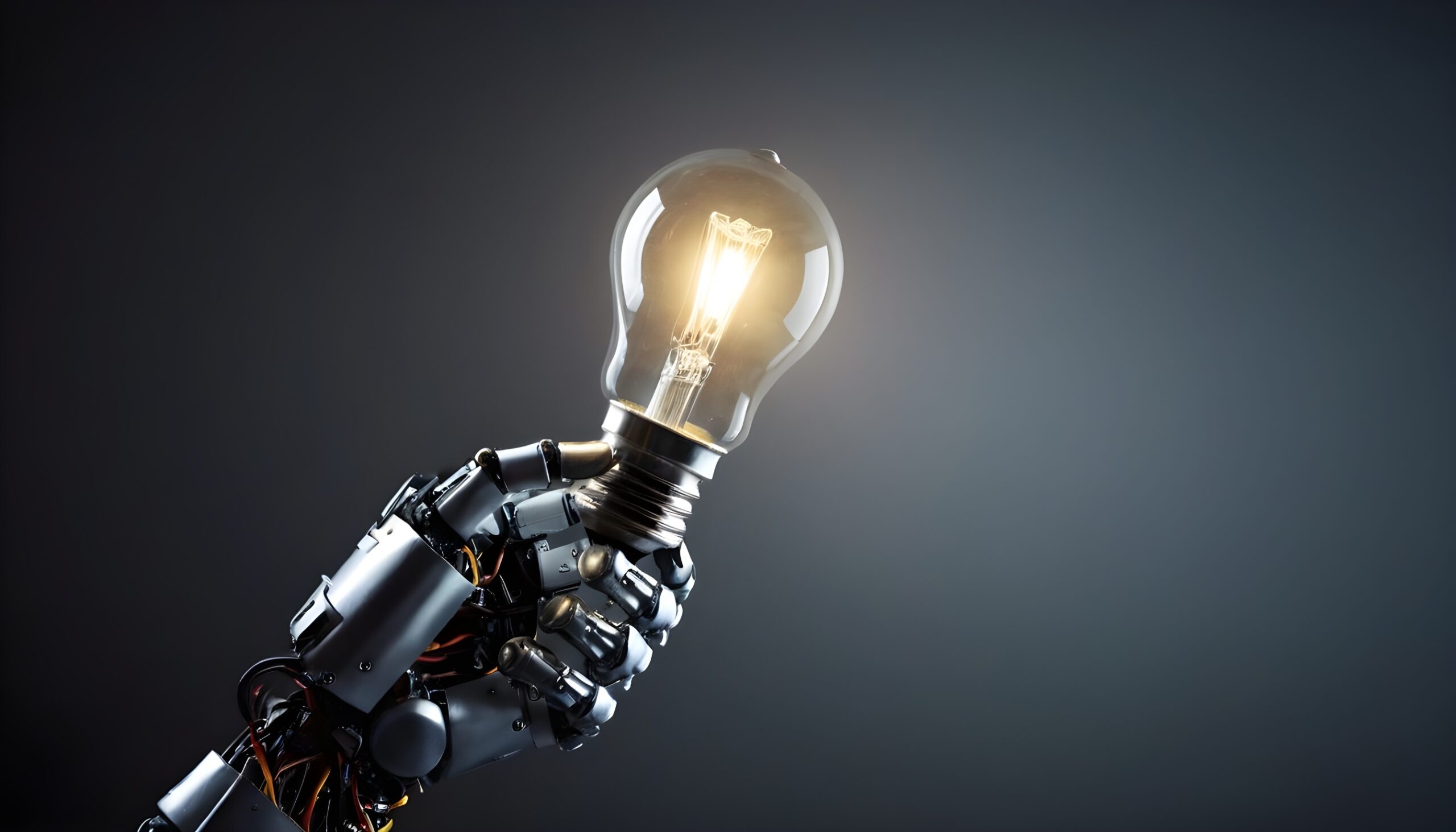How exactly is Generative AI impacting the food industry?
In a recent episode of The Food Institute Podcast, RSM US LLP principal Christian Winzeler broke down five main ways the emerging technology is altering the food and beverage space.
Generative AI Growth and Technological Advancements
Winzeler shed light on the recent rapid growth of generative AI technology. Particularly, he noted the explosive acceleration and implementation of OpenAI’s ChatGPT platform, which has been adopted by consumers and businesses alike.
This wasn’t the only notable advancement in the space, however – he also emphasized the groundbreaking capabilities of OpenAI’s new text-to-video AI platform, Sora, which has the remarkable ability to generate full videos from textual inputs. Winzeler viewed this technological advancement as a gamechanger, particularly in its capacity to process inputs swiftly and produce outputs on demand.
“As the interfaces are becoming easier for us, this is just going to continue to grow. So, there’s a lot of exciting stuff happening in this space,” he said.
Utilizing Generative AI for Marketing and Content Creation
RSM had seen increasing integration of generative AI in marketing and content creation. Companies are now leveraging these tools to craft personalized and tailored experiences for consumers.
“We’re seeing a lot of companies dipping their toes into this to utilize this for marketing. Because, really, what it allows you to do is to create a tailored experience for the consumer when interacting with them,” Winzeler explained.
Winzeler highlighted potential pitfalls, including copyright issues and the misconception that AI can entirely replace the human touch in content creation. He stressed the need for quality control and advises thorough review before sharing AI-generated content.
Microsoft’s Copilot and Enterprise Operations
Winzeler pointed to Microsoft’s Copilot, a generative AI platform integrated within its Office suite of products, as another gamechanger for business operations. He emphasizes the potential of such solutions to enhance efficiencies at the enterprise level.
The discussion included some thought experiments around the role of AI-powered copilots in streamlining day-to-day operations and expanding into utilizing business data for more profound insights.
“So an example here is you have a Teams conversation, the meeting gets recorded, and at the end of that conversation, right, you can just quickly say, ‘Hey, based upon this, give me the action items and put those action items into PowerPoint and email that PowerPoint to everybody that was on the meeting.’ Today that probably takes half an hour to do. Here it is in a few keystrokes, and then that happens,” said Winzeler.
Generative AI Applications in Food Manufacturing
AI can optimize supply chain processes, emphasizing the importance of having the right product in the right place at the right time. Drawing from Amazon’s example, Winzeler highlighted AI’s role in moving products to specific warehouses based on consumer views of a webpage to meet demand efficiently.
For the food industry, he noted similar processes could help when it comes to food manufacturing.
“If you think about it from a manufacturing perspective, if you have a product, and maybe you have an ingredient that is not available, or it’s getting too costly, and you need to go find something else, you know, that’s product and development today, and that’s not going to go away. But what it allows us to do is do those iterations of finding a replacement much, much quicker,” he said.
Additionally, he noted the growing trend of using generative AI for creating consumer-facing recipes, offering companies an opportunity to build relationships with consumers by tailoring recipes to their preferences.
Generative AI in Product Formulations and Personalized Nutrition
The role of Generative AI in product formulations is growing, and its its ability to quickly adapt to changing consumer preferences could be a gamechanger. AI’s capacity to analyze traditional animal-product versions and replicate flavors in plant-based alternatives is highlighted.
The discussion extends to personalized nutrition, where AI leverages consumer DNA results and body perspectives to create tailored meal plans, allowing companies to build relationships, optimize offerings, and provide personalized recommendations based on individual nutritional needs.
The Food Institute Podcast
Generative AI disrupted nearly every industry in 2023, but how is the artificial intelligence industry impacting food and beverage in 2024? RSM US LLP principal Christian Winzeler returned to The Food Institute Podcast to discuss GenAI’s impact on marketing, business operations, and even production formulations.









